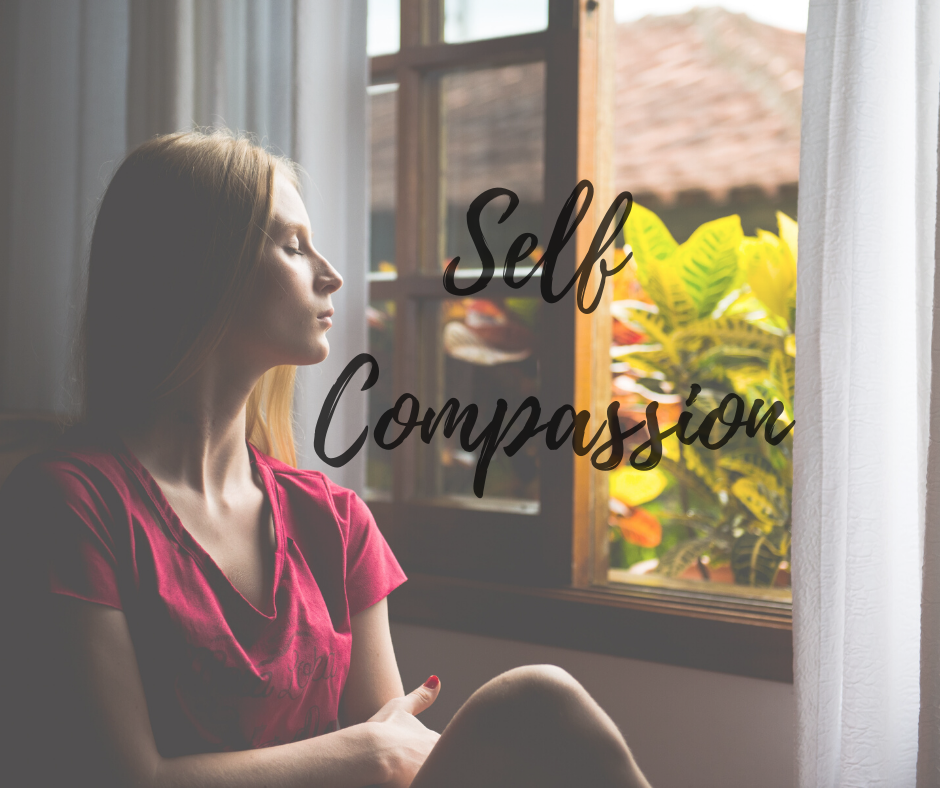Self-compassion may be something you’ve never considered, but you should. I’ve been thinking about mom’s who are quarantined at home with their children who are facing a new normal. They are trying to help teach their children, keep them occupied, possibly work from home and preparing several meals a day. In addition to all this, they are trying to maintain a healthy need for their own space and alone time. On top of that, kids are super limited in their options for enjoyment. Many don’t even understand why their life has changed so drastically. The natural result of all this tension is going to be stress, tempers, and meltdowns. How can a parent navigate this challenging situation?
What is self-compassion?
Although there are many aspects we can look at, I’d like to talk about self-compassion. Self-compassion is about being gentle and kind with yourself in the face of perceived failures. Whenever we feel like we’re not enough; not a good enough Mom, not a good enough employee, not a good enough spouse, etc., we are setting ourselves up for failure. Being in a place where so many demands are on you as a mom, it is unrealistic to expect anyone to suddenly juggle every aspect of those demands well.
What does it mean for me?
Practical aspects of self-compassion begin with having realistic expectations. As an employee, accomplishing your regular workload is probably unrealistic. Having normal expectations about meals or the orderliness of the house may need to be loosened. Feeling resentful about your lack of personal space and time is normal. So, validate those real needs and give yourself grace for doing the best you can, given the circumstances. Allow the compassionate side of yourself to say things like, “I didn’t get as much done today as I wanted to, but I am managing as best as I can and that is enough,” “I may have lost my temper more than I wanted to today, but I understand that I am stressed and so is everyone else, I will go and make it right to the best of my ability and trust that we will all have grace with each other.”
What are the benefits?
Having self-compassion will enable us to have compassion with others, especially those little people in our homes that may be showing their frustration in frustrating ways. Taking time to connect with how they may be feeling can often decrease the conflicts. Validating their frustrations and disappointments rather than trying to “fix” their complaint can help meet their true need to be comforted. We might say something like: “I sense that you are bored or frustrated that you can’t go play with your friends like you normally would, that is really difficult.” After reflection/ listening to how they are feeling, saying something like: “I know it’s not your preference, but I am confident you can find something to do to keep yourself occupied.”
The Bottom Line
At the end of the day, it’s not about what we accomplish as much as it is about how well we connect with ourselves and others. Let’s use this time to create fond memories of this unique period in history and remember that we truly don’t know if we are promised tomorrow. If you are needing additional support during this difficult time, please reach out.
debbiet@restorationcounselingatl.com x 152
Roswell Location
Debbie Turner received her Master’s in Marriage and Family Therapy from Richmont Graduate University; an academically sound, Christ-centered program. She is passionate about helping individuals and couples learn new ways of connecting with Christ and others to facilitate healing, transformation, and restoration.
Debbie has also completed training from Postpartum Support International. She is qualified to assess and treat women struggling with issues like depression, anxiety, anger, intrusive thoughts, or repetitive behaviors that can occur during pregnancy or after delivery.


 by
by